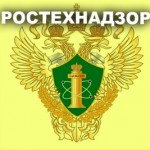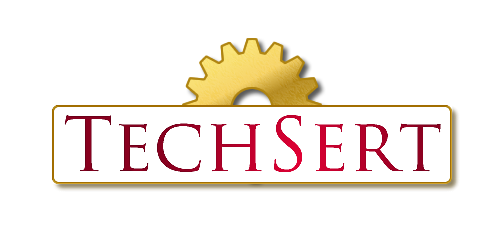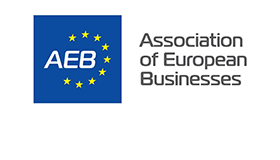 Before to start reading this page about the Rostechnadzor permit certificate, we recommend reading of the key features of the GOST R certification in Russia in the introductory page. Many of the main questions that may arise are dealt with exhaustively in that extensive description of the Russian Regulation. In particular, because of the drastic changes that have occurred in recent years, the transition to the unified certification for the Eurasian Economic Union marked EAC, is highlighted. The Rostechnadzor in fact has been replaced by the declaration EAC and certificate EAC, although other documents by the agency are still in force.
Before to start reading this page about the Rostechnadzor permit certificate, we recommend reading of the key features of the GOST R certification in Russia in the introductory page. Many of the main questions that may arise are dealt with exhaustively in that extensive description of the Russian Regulation. In particular, because of the drastic changes that have occurred in recent years, the transition to the unified certification for the Eurasian Economic Union marked EAC, is highlighted. The Rostechnadzor in fact has been replaced by the declaration EAC and certificate EAC, although other documents by the agency are still in force.
The Rostechnadzor certificate, also known as authorization to install technical equipment RTN, is issued by the Federal Service for the ecology, technology and nuclear energy. The authorization is issued in accordance with the Government Decree N 401, July 30, 2004 of the Russian Federation. This authorization is required for complex technical systems or their components, when they are judged to be risky, within its scope of application, by the agency RosTechNadzor.
The permit is subsequently submitted to an evaluation of industrial safety evaluation by at the agency, conducted according to the dictates of federal law « on the industrial safety of hazardous production facilities ». The permit can be obtained for a duration of 1 or 3 years; alternatively it may be obtained for, the lifetime of the product, but then no further changes to it are allowed.
Documents needed for the issuance of a Rostechnadzor certificate
1. Declaration of Intent bearing the company stamp and signature of the Director.
2. Proxy from the producer (manufacturer).
3. Details of the producer (manufacturer).
4. Description of the technical device, the external appearance, specifications, field of use.
5. Technical documentation (passport, users manual, drawings to design products with specific elements of the material, instructions on assembly, use on assembly) including testing of the method of execution control, duration and period of use, standards and requirements for safe use, order of the technical service, repair and diagnostics.
6. Protocols of the factory testing.
7. Information on the chemical composition and mechanical strength of materials used to manufacture the products.
8. Required Certificate of conformity GOST R
9. Copy of protocol testing and approval.
10. Certificate explosion measures (if necessary, on some technical devices).
11. Foreign certificates.
12. Certified ISO 9000 (in case of presence)
13. Testing protocols independent foreign laboratories (in case of presence).
14. Certificates of acceptance, retention, and packed.
15. Duration data and equipment resources.
The list of documents is subject to change depending on the product subject.
Costs vary depending on the time validity of the request, the product to be certified, and the number of product variants, or of different products if they are considered to be similar.
Ask for an offer or more information!
















